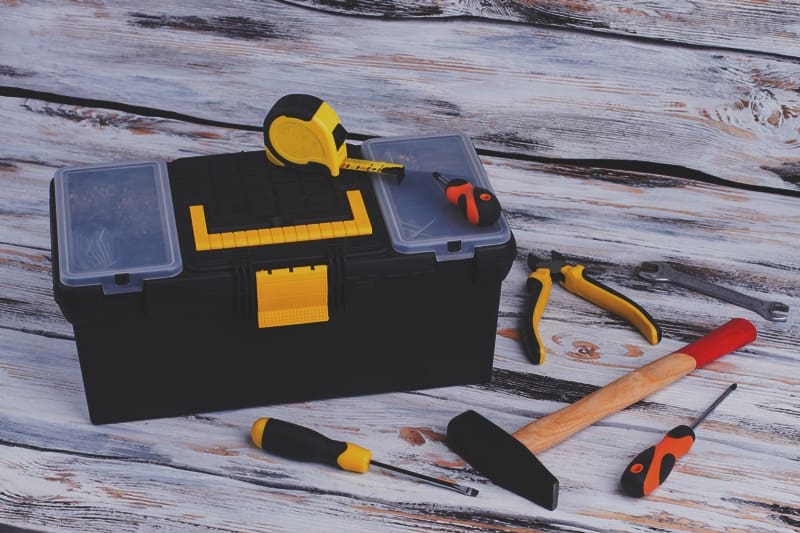Buying a home is an exciting journey, but the home inspection process often brings unexpected challenges. This step is crucial for uncovering potential issues with the property, ranging from minor cosmetic fixes to significant structural concerns. Knowing how to negotiate repairs effectively after a home inspection can save you thousands of dollars and ensure you’re making a sound investment. In this blog, we’ll explore practical strategies for negotiating repairs, understanding your options, and maintaining a positive relationship with the seller. By mastering this process, you can confidently move closer to closing on your dream home.
Understanding the Importance of a Home Inspection
A home inspection is one of the most important steps in the home-buying process. It provides a detailed report of the property’s condition, identifying any issues that may require attention. These inspections typically cover everything from roofing and plumbing to electrical systems and foundation stability. By uncovering problems early, you gain leverage in negotiating repairs or adjustments to the sale price. Sellers are also more likely to address major concerns when they are documented professionally. Understanding the value of this process helps buyers make informed decisions and avoid costly surprises after closing.
Prioritizing the Issues That Matter Most

Not all repair issues uncovered during a home inspection are created equal. While some are critical and require immediate attention, others may be purely cosmetic and less urgent. Focus on negotiating repairs for items that affect the home’s safety, structural integrity, or overall functionality. Examples include roofing leaks, electrical hazards, plumbing issues, or mold infestations. Prioritizing major repairs ensures you’re addressing problems that could have long-term financial and safety implications. Sellers are more likely to agree to reasonable repair requests when you present a well-justified case.
Leveraging a Real Estate Agent for Repair Negotiations
Having a skilled real estate agent by your side can make a significant difference in negotiating repairs after a home inspection. Agents have extensive experience navigating these discussions and can provide valuable insights into what is reasonable to request based on market conditions and the property’s price. They act as intermediaries, helping to maintain a professional tone while advocating for your interests. A good agent knows how to frame repair requests in a way that appeals to the seller, increasing the likelihood of a positive outcome. Additionally, they can recommend trusted contractors or home warranty options, giving you peace of mind as you approach the closing process. Their expertise ensures that your negotiations are fair and productive, ultimately helping you secure the best deal possible.
Communicating Effectively with the Seller

Clear and professional communication is key when negotiating repairs. Having a real estate agent on your side can be invaluable when trying to negotiate repairs. Begin by sharing the home inspection report with the seller and outlining concerns in a calm and respectful manner. Consider options such as repair credits or a reduction in the purchase price instead of repair completion. Be prepared to compromise and avoid a confrontational tone, as this can derail negotiations. A cooperative approach helps maintain goodwill, which is essential for a smooth closing process.
Exploring Your Options When Sellers Resist
Sometimes, sellers may push back on repair requests, especially if they believe the home is priced fairly. In such cases, consider alternative strategies. Requesting a home warranty to cover potential future repairs, asking for a price reduction to compensate for unresolved issues, or even walking away from the deal are viable options. It’s essential to work with your real estate agent to weigh the pros and cons of each approach. Always keep your long-term financial interests in mind, and don’t be afraid to stand firm on critical repairs.
Finalizing the Deal with Confidence
Once an agreement is reached, ensure all repair commitments are documented in writing as part of the purchase agreement. This step protects both parties and holds the seller accountable for completing the agreed-upon repairs before closing. If repairs are not feasible before the closing date, arrange for repair credits or escrow funds to address the issues later. Reviewing the final walkthrough checklist before closing is also essential to confirm that all repairs have been completed to your satisfaction. By finalizing the deal with clear expectations, you can move forward confidently as a homeowner.
Conclusion
Negotiating repairs after a home inspection is a skill that can significantly impact your home-buying experience. By understanding the inspection process, prioritizing critical issues, and approaching negotiations with professionalism, you can secure a deal that benefits both you and the seller. Whether it’s addressing safety concerns, obtaining repair credits, or adjusting the purchase price, these strategies ensure you’re making a wise investment. With the right preparation and mindset, navigating this stage becomes less daunting and sets you up for a successful home purchase.
#HomeInspection #RealEstateTips #HomeBuyingJourney #RepairNegotiations #SmartHomeBuying #HouseHunting #BuyerTips #HomeOwnership

Richard has extensive experience in all aspects of buying and selling residential property. He has sold more than 400 homes and well over $100 million in residential real estate. There’s no need to guess. Get expert advice that will allow you to buy and sell with confidence and ease.
For neighborhood guides about Decatur and other intown neighborhoods, click here.
To learn more about the value of your home, please complete the form here.
If you are looking to purchase a home, please reach out here. We would love to help you have a wonderful buying experience.
You can always reach us through the Contact Us page here as well.
